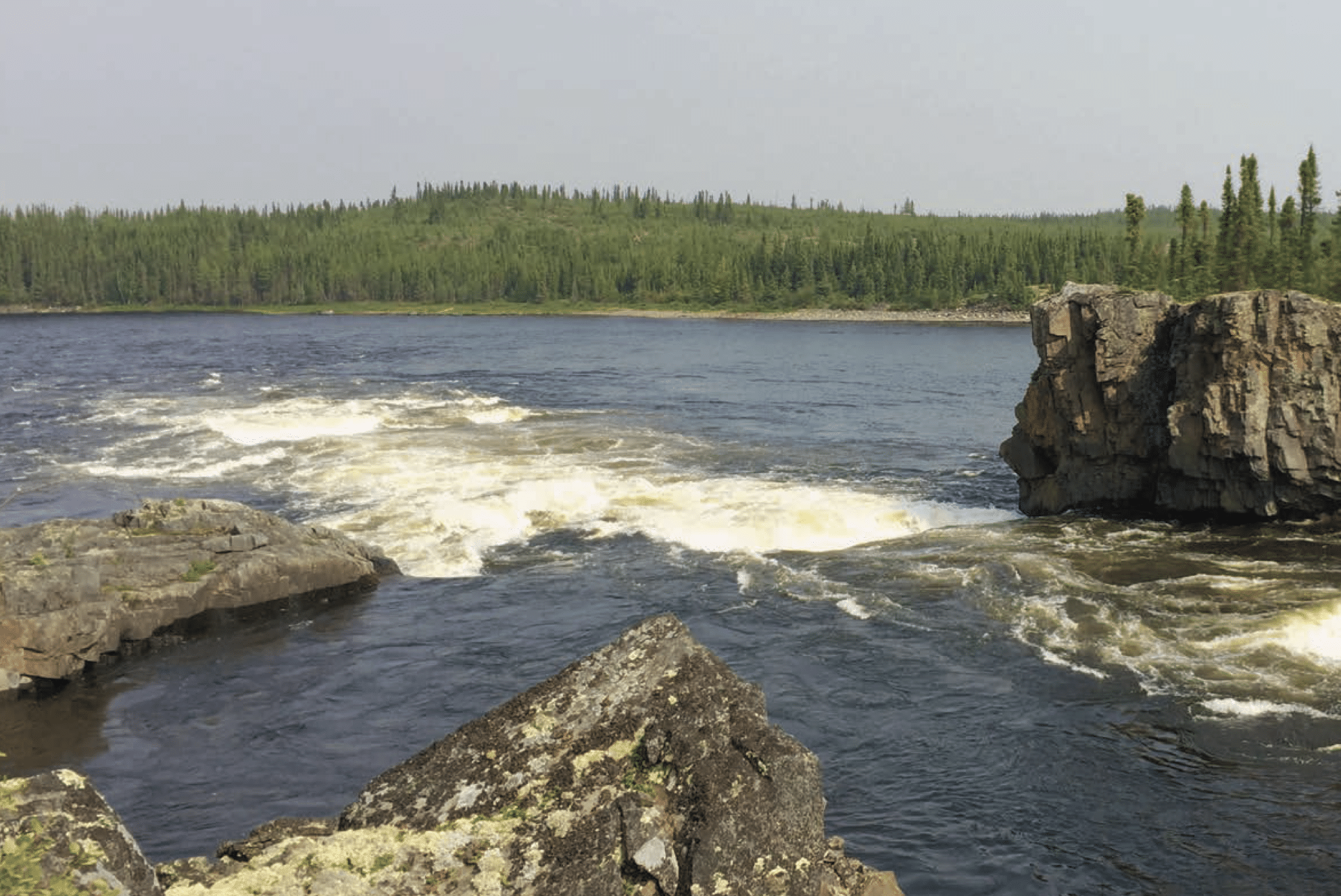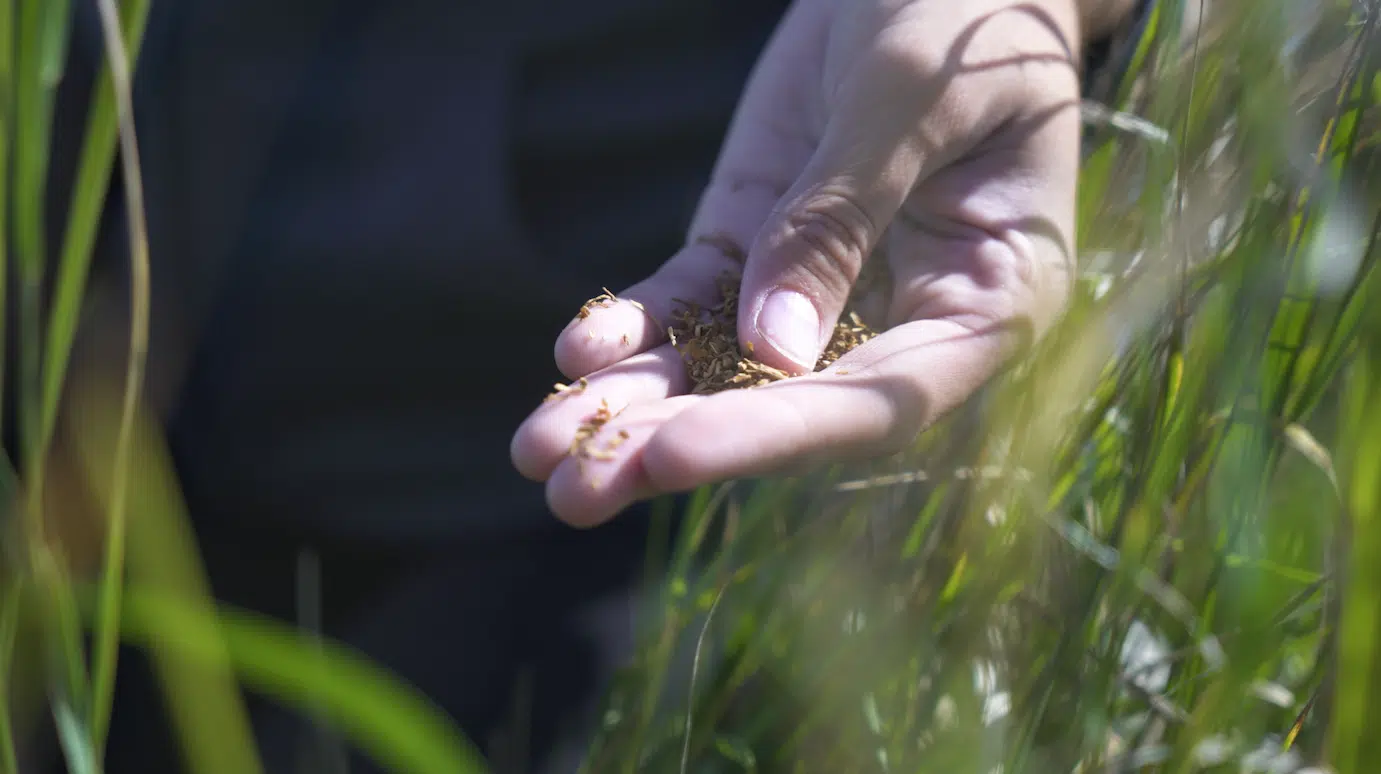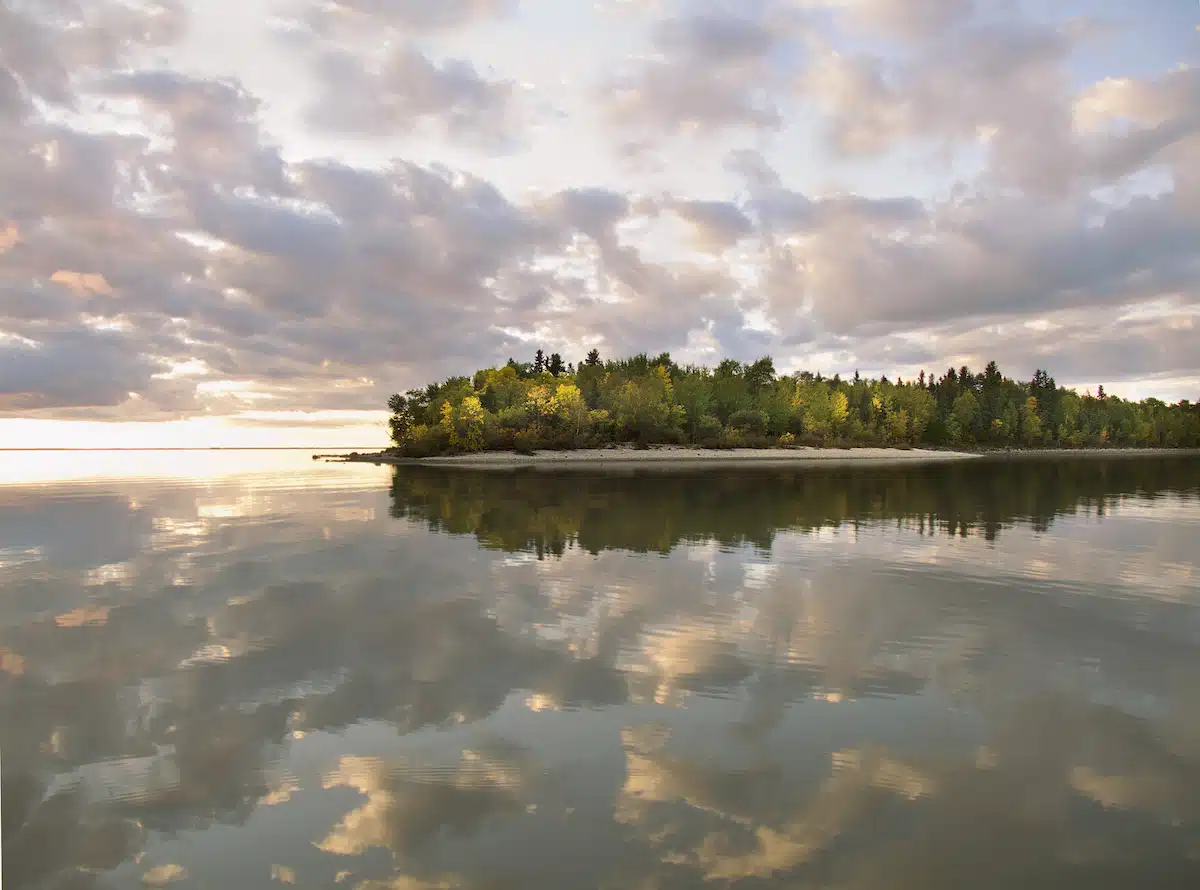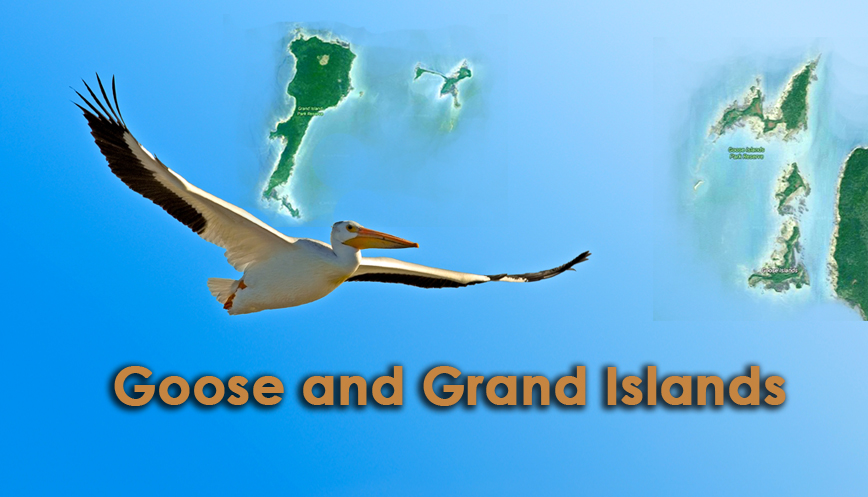July 13th, 2023
First Peoples First
An outstanding First Nations campaign in Manitoba that’s now on the cusp of creating one of the largest Indigenous protected areas in the country had a modest beginning—as a conversation with CPAWS Manitoba about how to save caribou.





